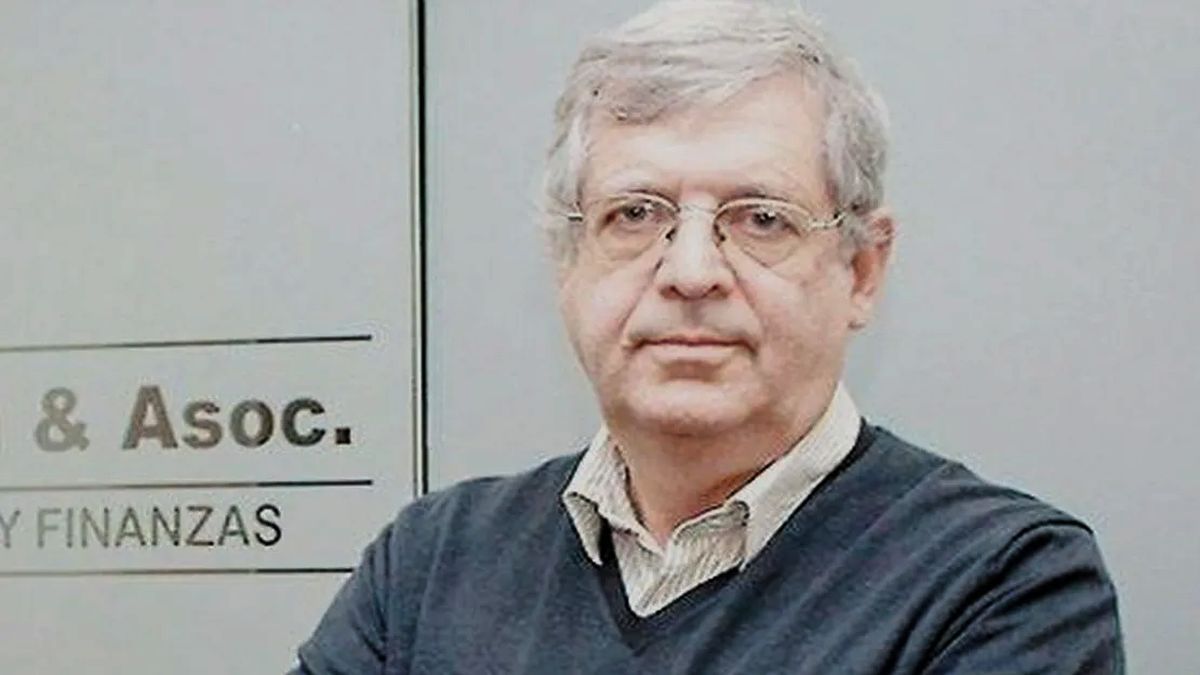Rubinstein will then be the person in charge of representing the country before the next IMF mission that will surely take place when Massa returns from the United States, in a mechanism that could have the same articulation as the May meetings where the data from the first quarter of the year. This is virtually. Something that is not approved of much from Washington, but that given the local political circumstances would be accepted. It will also depend on the conversation between Goldfajn and the new official.
Rubinstein will have to work hard on his diplomatic arts. It is known that the official of the international organization is not in a very good mood with Argentina. And that this will be reflected in his vision of the contents of the negotiation with the country. More considering that for almost two months Julie Kozack, The person with the most permeable and flexible vision of the IMF on the Argentine accounts, due to irreconcilable differences of opinion with Goldfajn, no longer works on the Creole case and now deals with issues of European countries. What emerged from this outing is little humor and a desire to understand the always complex vicissitudes of politics and local economic management. In fact, and as Goldfajn himself publicly explained, his intention is not specifically to be as empathic as possible with the country, but rather to fulfill the mandate given to him in March by the Fund’s board of being a relentless inspector of Extended Facilities and its strict compliance.
The IMF board gave him this order on March 25, in the complicated session in which the highest level of the organization that manages Kristalina Georgiev unanimously approved the agreement with Argentina. But where two specific countries, Germany and Japan, were very harsh in their references to the reality of the local economy, and demanded maximum tension and analysis from the IMF technicians to fulfill the goals set in the agreement. It was the board that ruled, in addition, that there be an advancement of the inspection missions, which began in May and adding one more trip to the 10 originally scheduled. That day the Fund spoke of “exceptionally high risks”, a euphemism to say that it is considered very difficult for the country to comply with.
Now it will be the task of Massa and Rubinstein to convince the strong man of the Argentine case in the IMF, about the possibility that the signed goals are still defensible.
Source: Ambito
David William is a talented author who has made a name for himself in the world of writing. He is a professional author who writes on a wide range of topics, from general interest to opinion news. David is currently working as a writer at 24 hours worlds where he brings his unique perspective and in-depth research to his articles, making them both informative and engaging.




